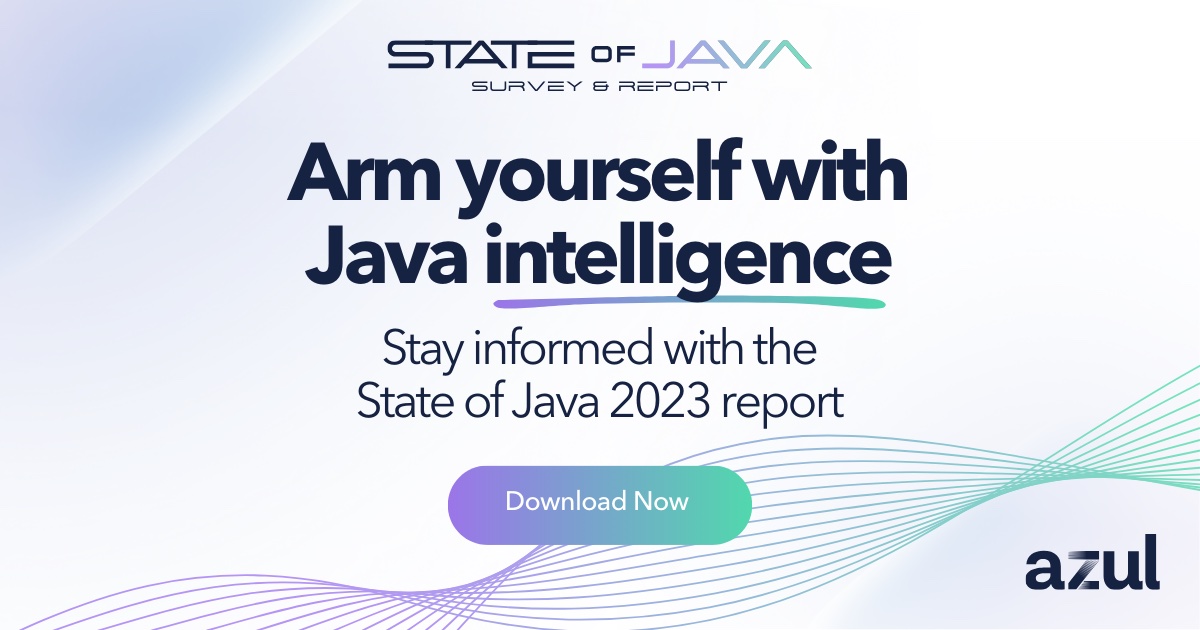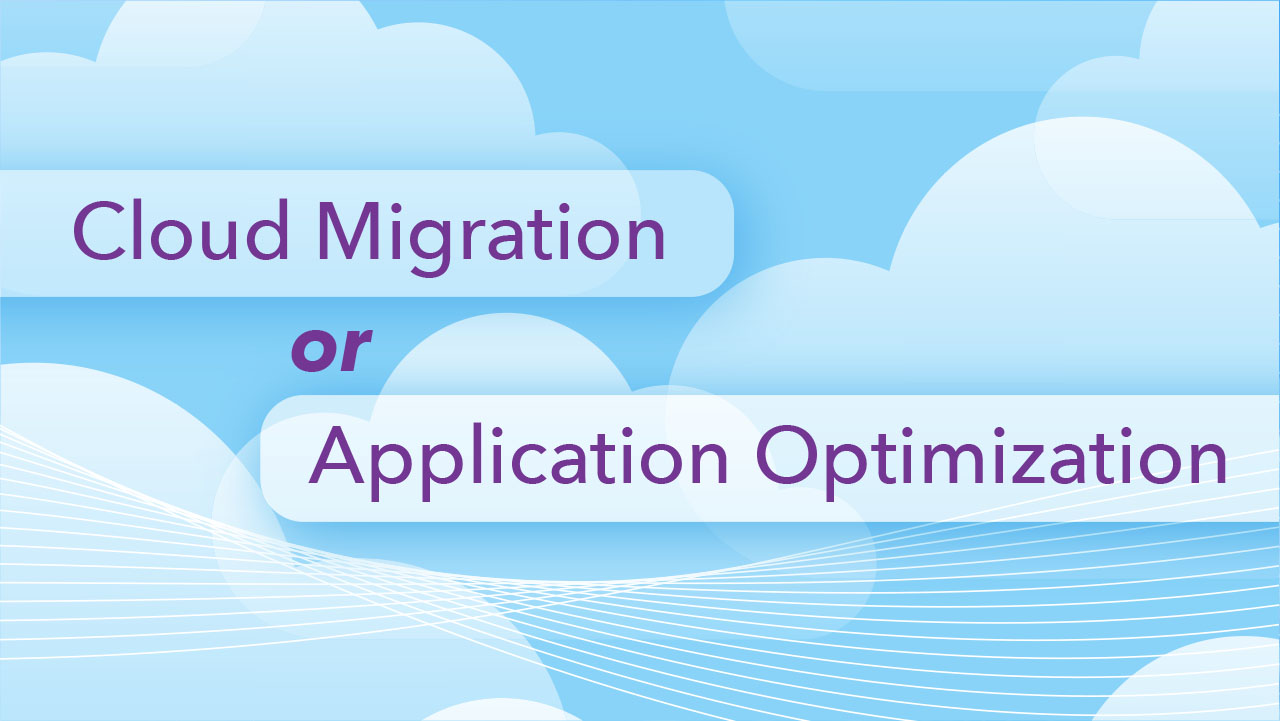
Azul State of Java Survey and Report 2023

Cloud Migration or Application Optimization

Getting More from Your Cloud Spend

App modernization is the process of transforming and updating legacy applications to get them on par with modern technologies and consumer demand. The process aims to bring monolithic, outdated software into the future, allowing it to run on modern platforms and integrate smoothly with the latest personal devices and operating systems.
A sub-category of app modernization is cloud app modernization. This process ensures legacy applications are compatible with cloud-based infrastructures.
The purpose of app modernization is to transform an older application into a modern one that’s more agile, scalable, cost-effective, and user-friendly. Modern applications can help businesses to stay competitive in today’s market by enabling them to respond quickly to changing market demands, improving application performance, and reducing operating costs.
To many, working with what they already have can be easier than designing and developing a new application from scratch.
App modernization is critical for businesses looking to keep a competitive edge in the market. Legacy applications are oftentimes slow, rigid, hard to maintain, and not user-friendly. This makes them less appealing to both customers and clients, but also shareholders and prospective investors.
Through modernization, businesses can address each of these issues one at a time. By improving application performance, reducing costs, and increasing agility, modern applications are more equipped for meeting the average user’s needs whilst remaining compliant with the latest industry standards and regulations.
App modernization is a process conducted through a series of steps such as architectural analysis and platform and data migration. It starts by identifying the various components and dependencies of the legacy application and then categorizing them in order to determine which components can be separated and broken down into smaller segments.
The new modular components can be run more efficiently on modern platforms. This is done by redesigning the architecture of the application, fixing bugs, faults, and errors, and rewriting some of its parts, making them more compatible with modern platforms.
There are several benefits to investing in app modernization, including:
White essential for evolving businesses, app modernization isn’t free of struggles, complications, and challenges. Some of these include:
There are several strategies for app modernization, including lift-and-shift, replatforming, rearchitecting, rebuilding, and refactoring.
App modernization isn’t a rigid process. In fact, it can be applied in more than one way, making it popular among growing businesses. Some of the most common use cases include:
When deciding whether to modernize an older application or piece of software instead of developing a new one, there are numerous risks that businesses must account for, such as:
Knowing when to modernize an application prevents companies from spending time, energy, and resources on an unnecessary endeavor. There are two scenarios where modernization may be needed:
Azul is a global software company that helps businesses with Java-based application execution and modernization. We’re providers of the world’s only cloud-native JVM that’s optimized for cloud infrastructure and provides businesses with the agility and scalability they need to stay competitive in today’s market.
Azul also offers a wide range of tools and services to help businesses with app modernization, including migration tools, cloud-native development tools, and expert consulting services. Contact us today to discuss modernizing your legacy applications quickly and efficiently, allowing your business to stay ahead of the competition and achieve your goals.
A truly superior Java platform that can cut your infrastructure costs in half.
